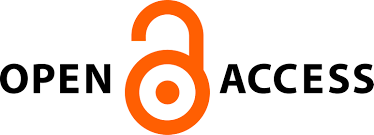Pengolahan Minyak Jelantah Menjadi Sabun Cuci sebagai Upaya Pengurangan Limbah Dapur Rumah Tangga
Abstract
Using used cooking oil in culinary harms human health because this oil is carcinogenic due to being easily oxidized when it is isogenic. In addition, if used cooking oil becomes waste from household kitchens, it will hurt the earth in the form of the environment. The use of simple technology can help recycle used cooking oil into laundry or body soap, a product that can also be used for daily household needs by the community. The Andalas University community engagement team conducted the training through an online workshop based on the Zoom application on June 4, 2020, which 133 participants attended. The speaker processed used cooking oil with NaOH solution and natural dyes (according to the dose) directly in front of the participants. The participants practised it in their respective homes. Discussions between participants and speaker were conducted interactively, guided by a workshop moderator. At the end of the session, the speaker and participants could demonstrate the soaps recycled from used cooking oil in their respective kitchens. The follow-up to the activity was creating and managing WhatsApp groups as a forum for proactive communication with related topics. Creative participants produce soaps, which can be used for families, reducing daily expenses. It was recommended that the best-produced soaps could also be marketed to the public.





















